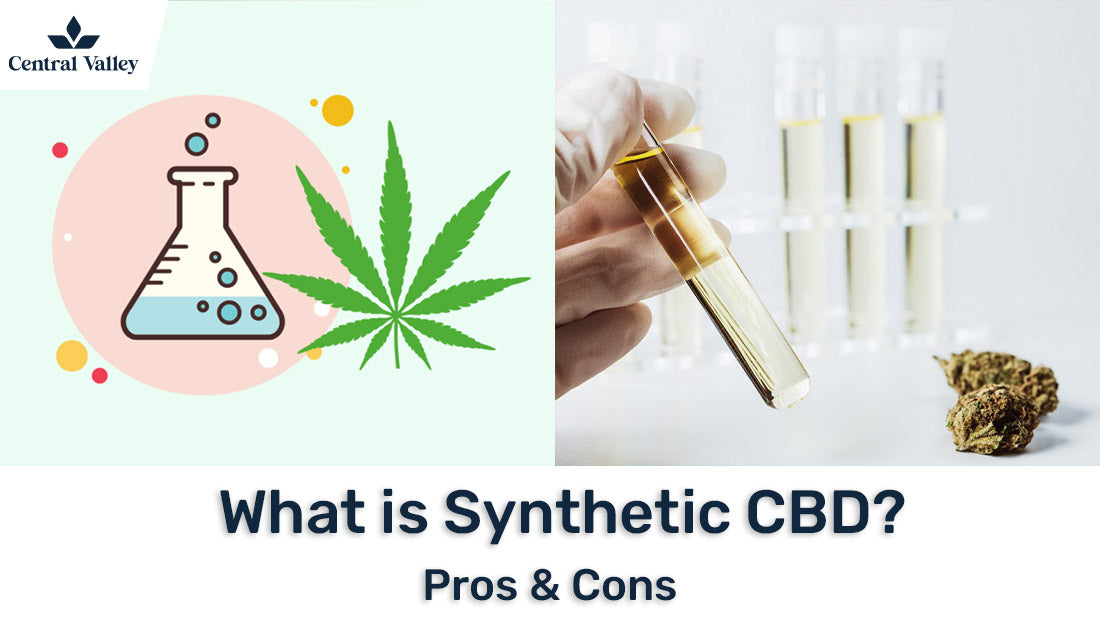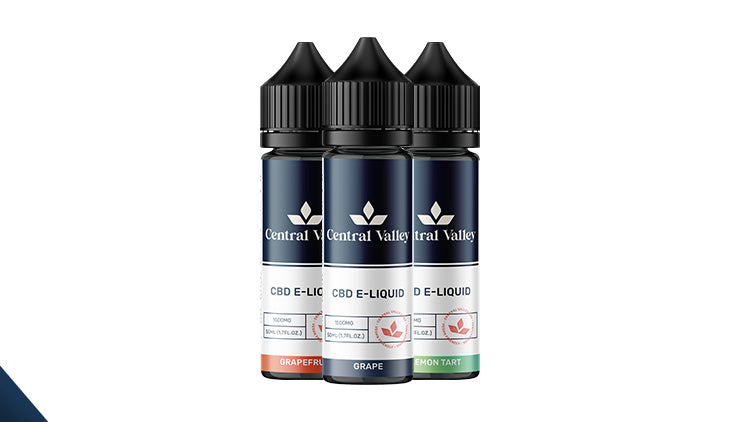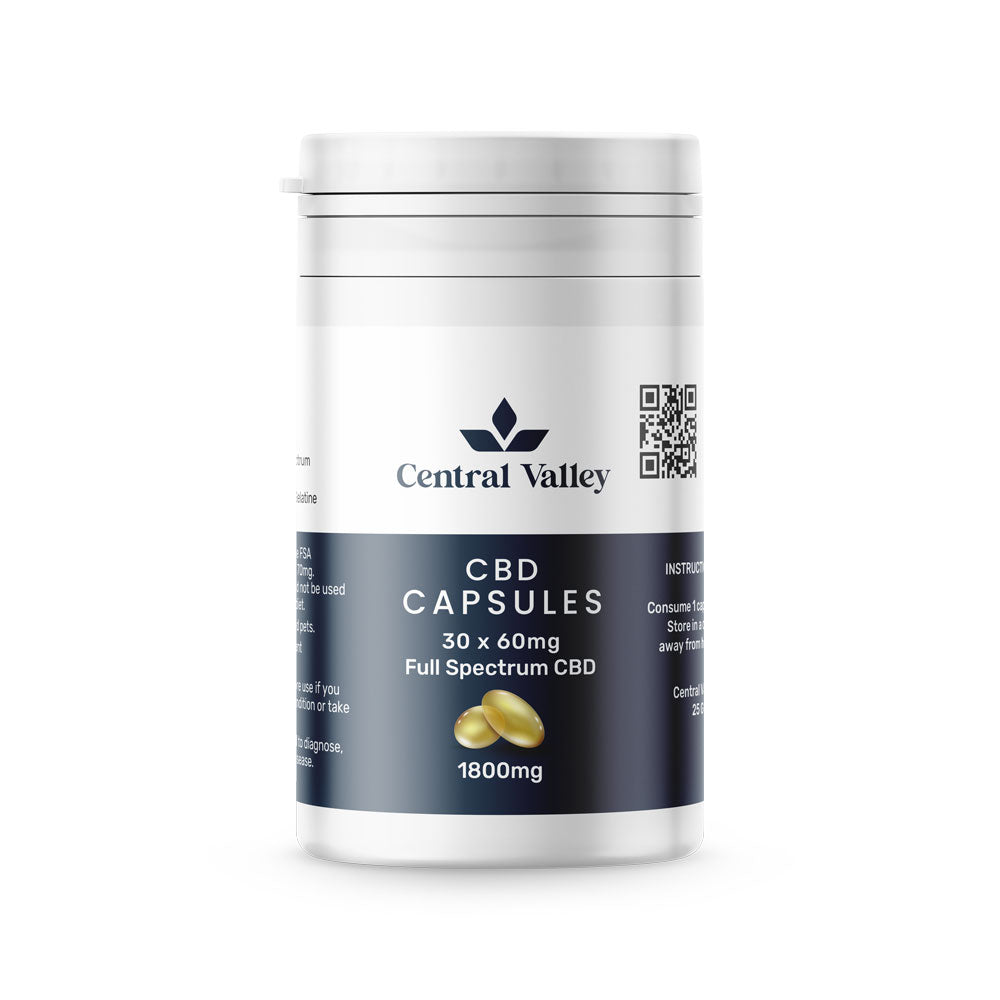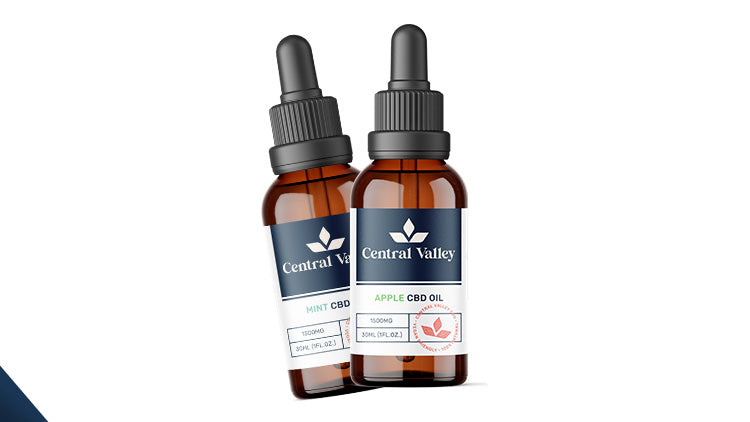
What Is Synthetic CBD? The Pros & Cons
Share
In the ever-evolving landscape of wellness and alternative medicine, synthetic CBD has emerged as a fascinating contender. This lab-created counterpart to natural cannabidiol promises consistency, purity, and intriguing possibilities. Join us as we delve into the world of synthetic CBD, exploring its origins, benefits, and ethical considerations. Whether you’re a curious consumer or a researcher, this blog aims to shed light on what you need to know about synthetic CBD. Let’s begin!
Shop CBD Oils, Shop CBD Gummies, Shop CBD Capsules, Shop CBD E-Liquids , Shop CBD Disposables, CBD Skincare
What Is Synthetic CBD?
Synthetic CBD, also known as lab-made or artificial CBD or hydrogenated CBD such as H4CBD, is a man-made version of cannabidiol. Unlike natural CBD derived from cannabis plants, synthetic CBD is produced in laboratories using chemical processes. Researchers create it by synthesising specific compounds to mimic the structure of CBD.
The primary motivation behind developing synthetic CBD lies in its consistency. Natural CBD products can vary significantly in composition due to differences in plant genetics, growing conditions, and extraction methods. In contrast, synthetic CBD ensures uniformity. Manufacturers can precisely control the formulation, resulting in a product with consistent potency and purity.

Pros of Synthetic CBD:
- Consistency: As mentioned earlier, synthetic CBD offers unparalleled consistency. Each batch contains the same amount of CBD, making dosing more predictable.
- Purity: Lab-made CBD can be produced without impurities such as pesticides, heavy metals, or other contaminants commonly found in natural CBD products.
- Research Potential: Synthetic CBD allows researchers to conduct controlled studies. Its consistent composition facilitates scientific investigations into CBD’s effects, safety, and potential therapeutic applications.
Cons of Synthetic CBD:
- Lack of Entourage Effect: The entourage effect refers to the synergistic interaction between various compounds present in natural CBD products. Synthetic CBD lacks this full spectrum of compounds, potentially limiting its effectiveness compared to whole-plant extracts.
- Safety Concerns: Some experts worry about unforeseen side effects or long-term risks associated with synthetic compounds. Since synthetic CBD is relatively new, its safety profile remains an area of ongoing research. There has not been as much testing as with the likes of natural CBD oil and CBD gummies.
- Ethical Considerations: The debate between natural (organic) and synthetic sources extends beyond CBD. Some consumers prefer plant-derived products due to ethical and environmental reasons.

Legality and Regulation:
The legal landscape for synthetic CBD varies by region. Here are some key points:
- United States: The legality of synthetic CBD depends on its source. If derived from hemp (with THC content below 0.3%), it falls under the 2018 Farm Bill. However, synthetic CBD produced from non-hemp sources may face stricter regulations.
- European Union: EU regulations treat synthetic CBD similarly to natural CBD. However, individual member states may have specific rules.
- Other Countries: Always check local laws regarding synthetic CBD.
Conclusion:
In summary, synthetic CBD offers consistency and purity, making it appealing for research and pharmaceutical purposes. However, it lacks the entourage effect found in natural CBD. As you explore CBD options, consider your priorities—whether it’s safety, efficacy, or environmental impact.
FAQ
Is synthetic CBD safe?
Synthetic CBD is chemically produced to resemble natural CBD, but its safety is still under scrutiny. Studies have raised concerns about potential adverse effects, so caution is advised.
What is synthetic CBD?
It’s a man-made substance created in a lab to imitate natural CBD from hemp. Unlike natural CBD, synthetic CBD doesn’t contain other cannabinoids or plant compounds.
How is synthetic CBD made?
It’s produced using biological or chemical processes to replicate CBD’s chemical structure and effects.
What’s the difference between natural and synthetic CBD?
Natural CBD comes from the hemp plant, while synthetic CBD is entirely man-made. Synthetic CBD is usually an isolate, containing only CBD without other hemp-derived ingredients.
Are there benefits to using synthetic CBD?
Some argue that it avoids THC contamination and allows for mass production at a lower cost. However, more research is needed to confirm its benefits.
What are the potential side effects of synthetic CBD?
Studies have shown adverse effects, including elevated liver enzymes, associated with synthetic CBD use.
Is synthetic CBD legal?
Its legality varies by region, but regulations are still evolving.







